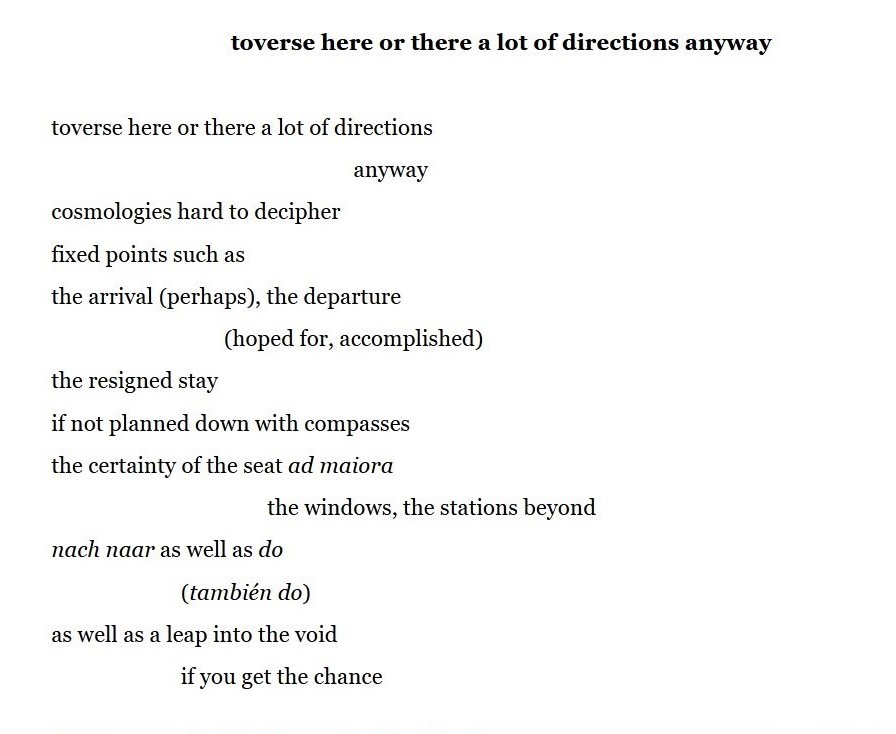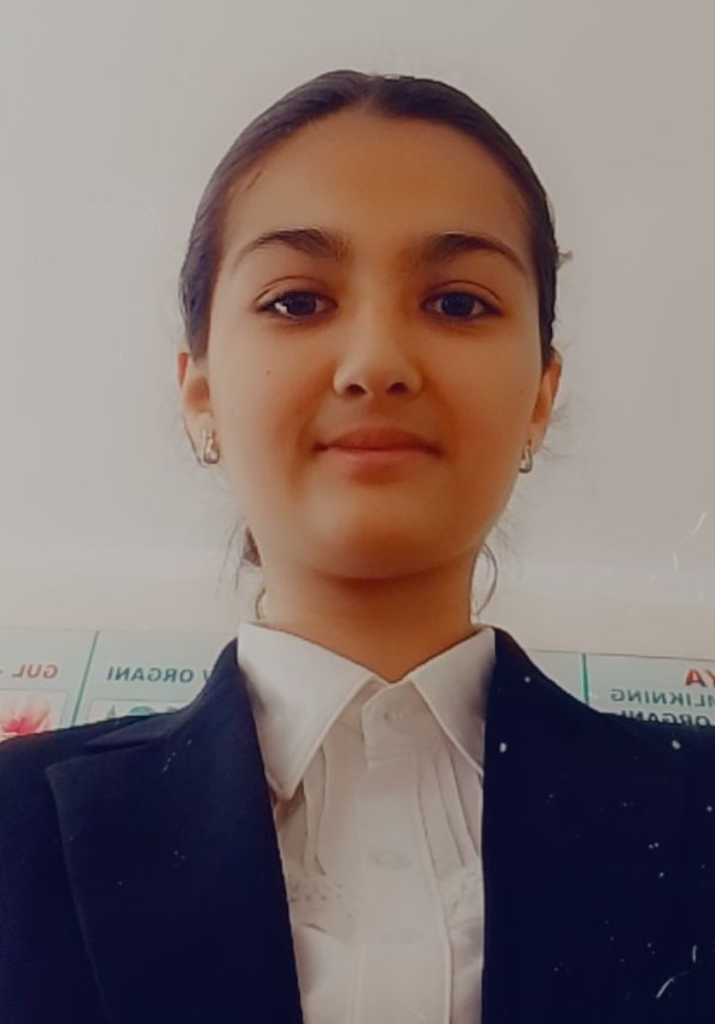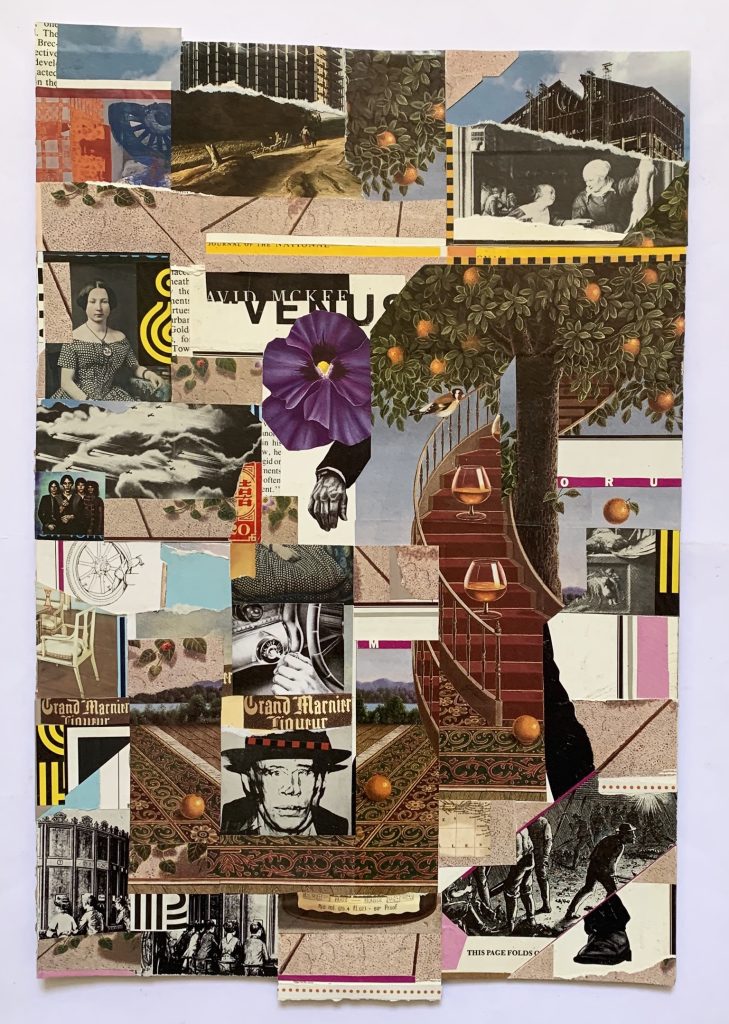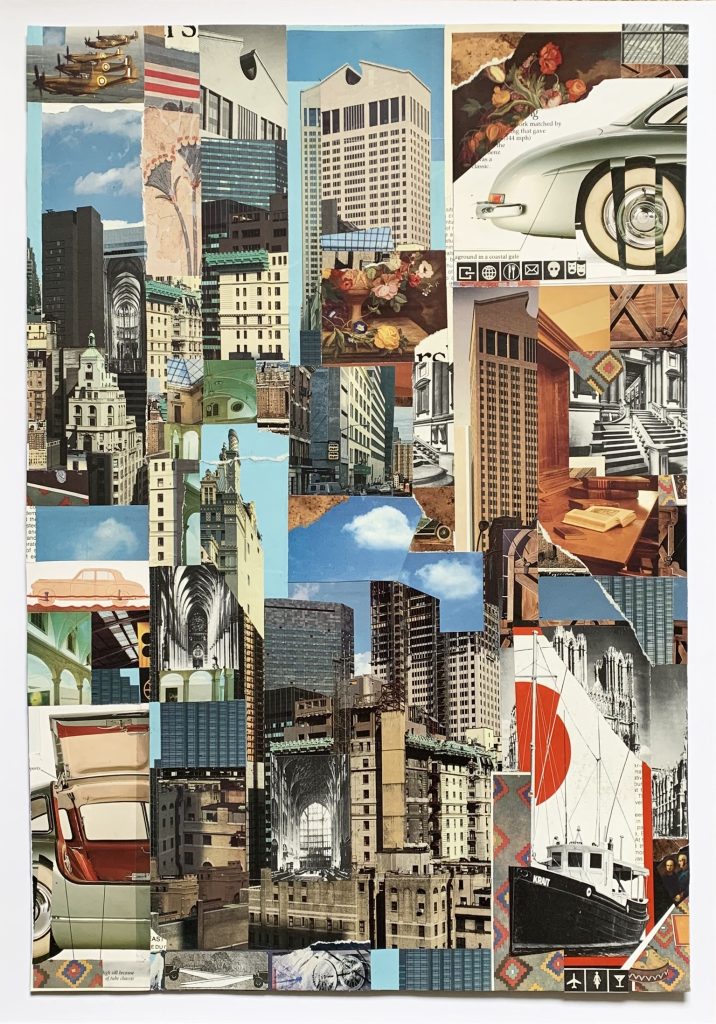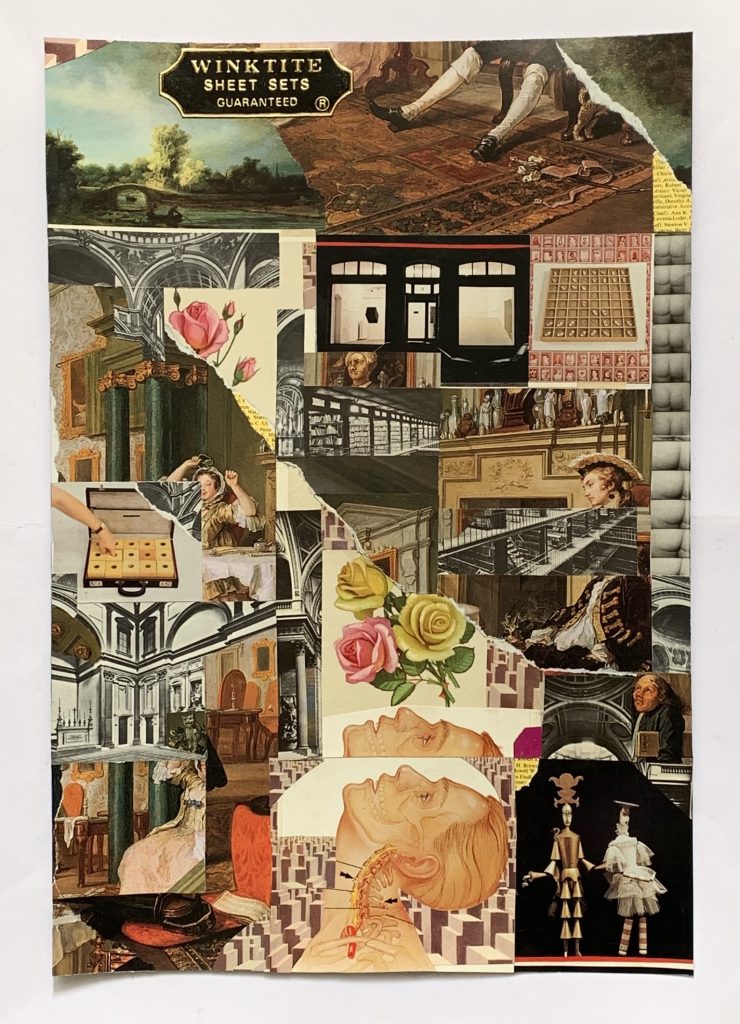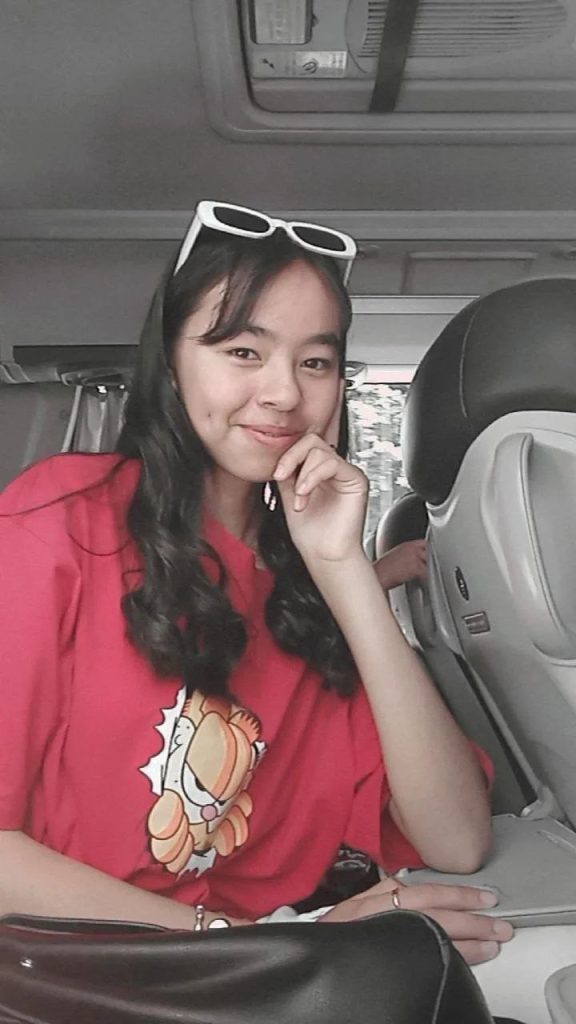
The researches of our great-grandfather Mirzo Ulug’bek made great changes not only for the scientists of Uzbekistan, but also for the scientists of the whole world. The whole world knows him very well as a historian, scientist, great astrologer, astronomer who determined the location of 1018 stars. Muhammad Taragai, grandson of the great general Amir Temur, was born in March 1934. He was the eldest son of Shahrukh Mirza, and he was called Ulugbek as a child. Later, this became his main name. Young Ulug’bek was interested in science as a child. He was a learned boy in every field. That is why our grandfather Mirzo Ulugbek was appointed governor of Movarunnahr and Turkestan at the age of 17. As a king, Ulugbek ruled the Timurid kingdom for almost 40 years. During this time he made many creations. He pats the head of the people of knowledge. A number of mausoleums and madrasas were also built during the reign of Mirzo Ulugbek. At the same time, he built the Ulugbek observatory in Samarkand.
As an astrologer, he is able to determine the location of 1018 stars and the length of an astronomical year of 365 days, 6 hours, 10 minutes, and 8 seconds in his observatory. The scientist collected the most unique masterpieces in his observatory during his reign. He also read a lot. One of the great works of Mirzo Ulug’bek is the astronomical table called “Zizhi jadidi Ko`rogoniy”. Our grandfather Mirzo Ulug’bek inherited 4 unique works: “Zizhi jadidi Korogoniy” – on astronomy, “Tarihi arba` ulus” (History of four nations) – on history, “On determining the sine of one degree” risola” – about mathematics and “Risolayi Ulug’bek” – works about stars. “Zizhi Jadidi Korogoni” was edited by Thomas Hyde in Oxford in 1665 and by Edward Ball Knobel in 1917. During the reign of Ulugbek, many works were translated from Arabic and Persian into the old Uzbek language. The rich library he established had more than 15,000 books. This is a proof of how much the scientist was reading. Unlike his grandfather, Mirzo Ulug’bek preferred knowledge to wars. For the sake of science, he was ready to abdicate the throne if necessary. He always visited the observatory when he was depressed, where he liked to study astronomy. Great thinkers and scientists gathered in the observatory. He treated his students like his own children.
However, such a scholar, the king, was killed by his own child. Mirza Ulugbek never wanted to fight with his son for the throne. He knew that his grandfather, Amir Temur, did not stay forever, and the crown and throne, which was not loyal to him, was transitory. But Abdulatif, the father’s son, did not understand this, and as a result, he declared war against his father’s corruptor with the emirs who would immediately turn away if the kingdom was shaken. Ulugbek agrees to abdicate without any war. Not because he was afraid, but because he did not want to fight for the throne with his child. He just wants to sit in his observatory and study science. However, Abdulatif, the son of Padarkush, who was blinded by the crown, wealth, and kingdom, became a slave to his own lust and even raised a sword to his father, organized a conspiracy against his father on October 27, 1449 and A navkar named Abbas and an amir whom Ulugbek considered loyal, and then an amir who went over to Abdulatif’s side, were killed by the hands of the Sultans. This is how the life of Mirzo Ulug’bek, an enlightened king and a world-renowned scientist and astrologer, who wisely ruled the Timurid kingdom for about 40 years, ends in this way. Only a calm flowing stream and a gentle wind will silently witness the death of a great astrologer…
However, revenge is right. The emirs who betrayed his father also made trouble for Abdulatif himself. In 6 months, the rulership of Padarkush’s son, not only his kingdom but also his life, ended. Abdulatif managed to do many bad things in this short period of time. He had his brother Abdulaziz executed, destroyed the observatory, destroyed books.
However, Mirzo Ulug’bek’s beloved and loyal student Ali Kushchi fulfills the will of his master perfectly. A day before Mirza Ulugbek left the throne, he assigned such a task to Ali Kushchi. That is, he says that the rarest books in the observatory should be preserved and hidden in a safe place until the time of peace. Ali Kushchi hid 16 chests of books in the “Dragon Cave” known only to him and Mirza Ulugbekkina. Even after the death of his teacher Mirza Ulugbek, Ali Kushchi was under strong persecution, which caused him to sit in prison, but even so, he was always patient and kept the books and some of Amir Temur, who was hiding with him, and He did not tell the hiding place of the jewels given to be spent on the path of knowledge. Mirza Ulug’bek and his student Ali Kushchi and some loyal students of the master thought about the fate of the next generation and made sacrifices. The greatest wealth left by our grandfather has reached us because of this incident. Mirzo Ulugbek thought about the fate of his treasures until his death. We are still learning using the kirobs left by our grandfather Mirzo Ulugbek. It is necessary for us to be a generation worthy of them, feeling the need to preserve the books that have been preserved for so many years.
Bahramova Ifora Sunnatillayevna. She was born on August 2, 2008 in Kuyi Chirchik district of Tashkent region. Currently, she is a student of academic lyseum Tashkent state of University of Uzbek language and Literature. She is also a member of the “Parvoz” literary circle organized by Nargiza Asadova, a member of the Writers’ Union under the Lower Chirchik Hokimation. Her poems and stories have been published several times in district newspapers and magazine “Gulkhan”. She is the winner of the Republican stage of the “Story of the Year” competition and several other competitions.

